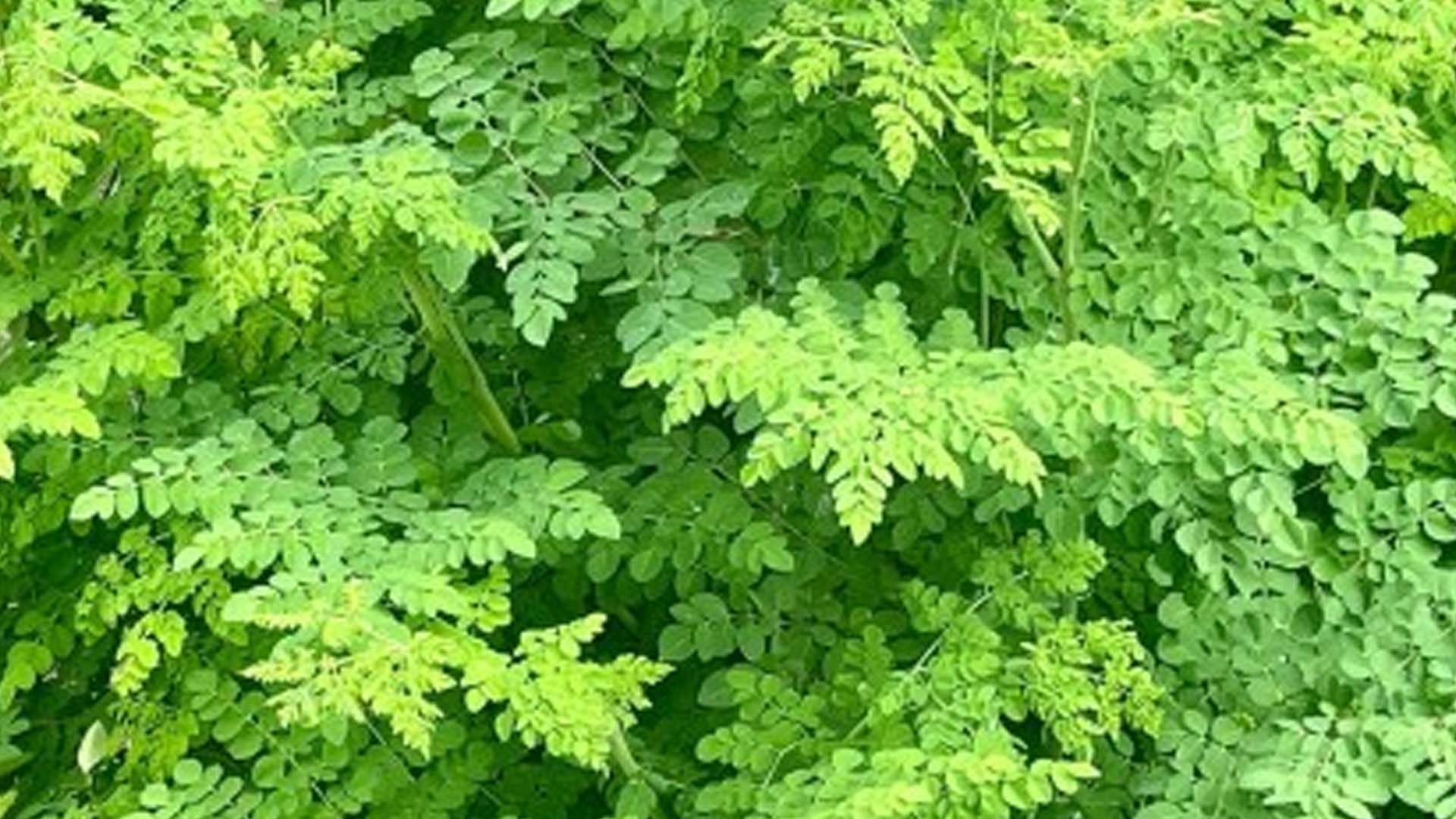Malunggay (Moringa oleifera) is taking over this city’s roadsides, backyards, and school compounds as more cuttings of the tree are planted to maximize its potential for food and traditional medicine.
On Friday alone, more than 3,000 malunggay cuttings were simultaneously planted in the city’s 50 farming and 30 urban villages under the city government’s “Plant Marunggay Project.”
Now in its fourth year, the project aims to promote this commodity as a high-value crop among Laoag residents and make it more accessible to locals who use its leaves and pods for famous Ilocano dishes such as dinengdeng and pinakbet, while contributing to the greenery in the city.
Also, through the city’s Malunggay Festival, celebrated every June, more moringa-inspired products created by food processors, food technologists, and young entrepreneurs are showcased in government-organized exhibits.
City agriculturist Sheila Marie Opelac said in an interview on Friday afternoon that at least 10 malunggay innovators are being assisted by the City Agriculture Office to come up with nutrient-packed products using malunggay as the main ingredient.
Among the newest moringa product innovations featured during the recent Malunggay Festival exhibit at the Laoag Multi-Purpose Hall was a moringa-infused pasta dish made by mixing moringa powder with fresh pasta dough, giving the dish more nutritional value, as well as other moringa-infused drinks and snacks, such as moringa cookies, moringa tea, mojito, and latte.
Moringa is also added to crepes, chips, chicharon, ice cream, miki, and polvoron.
“We are encouraging more people to plant (malunggay) for processing in the future,” Opelac said, citing a wide range of moringa products that can be produced to boost local livelihood and healthy options for the local community.
In partnership with other government institutions, the City Agriculture Office continues to welcome more moringa product innovations by providing interested groups and individuals an avenue to further develop and improve their products through skills training, technology assistance, and even marketing of their products.
Other companies producing moringa-based products have also expressed interest in sourcing raw materials here.
In other countries, moringa leaves and seed oil are the major raw materials used in the food and nutrition industry, cosmetics, and herbal medicine.
The leaf powder is mainly used for food fortification as an ingredient in bread, noodles, juices, milk, and tea, while the leaf powder capsule is mostly used as a food supplement and herbal medicine.
Malunggay is packed with vitamins A, C, B1, B2, B3, and B6, as well as folate and amino acids. (PNA)







